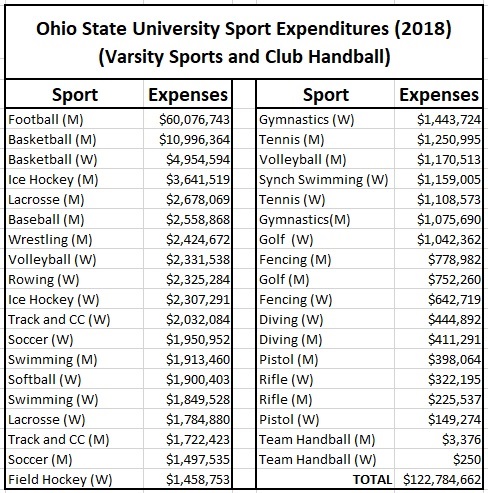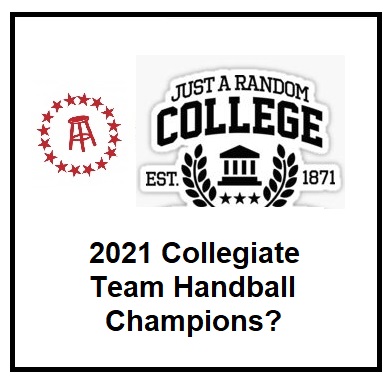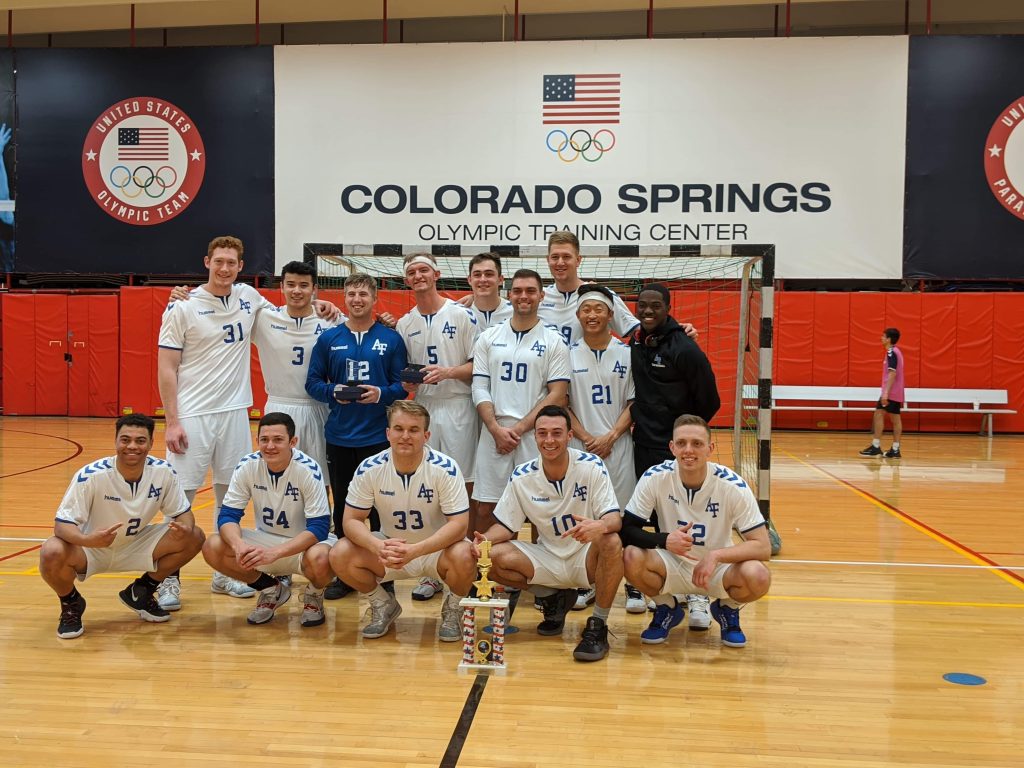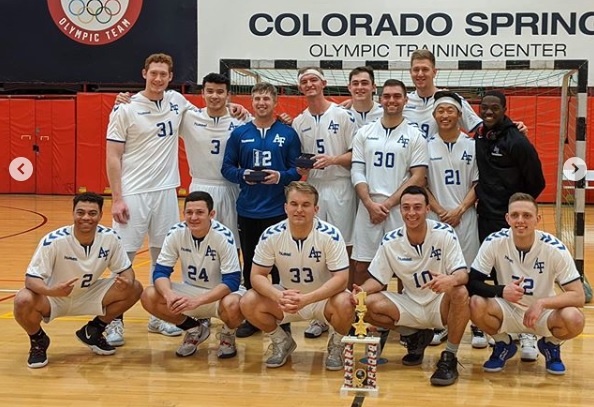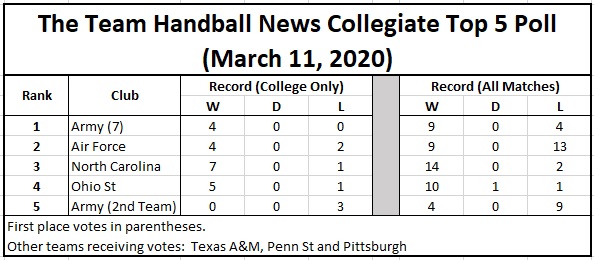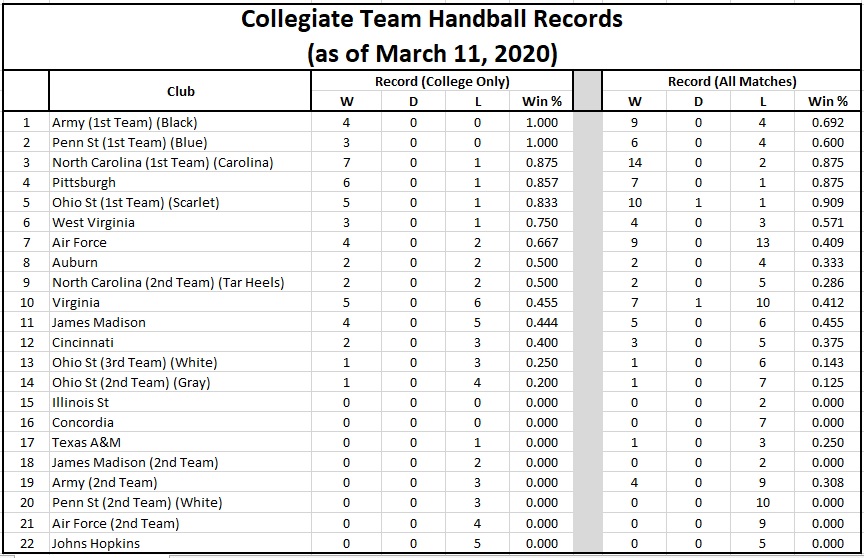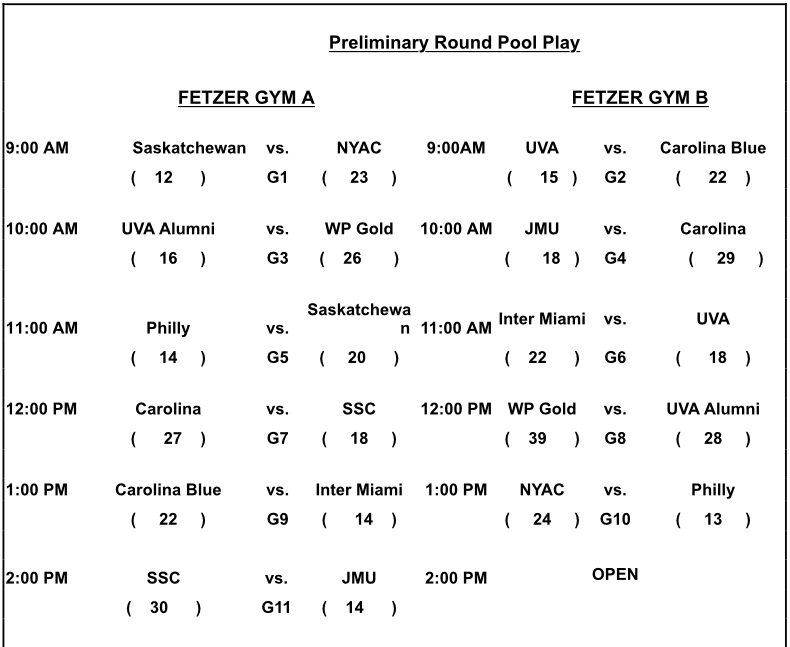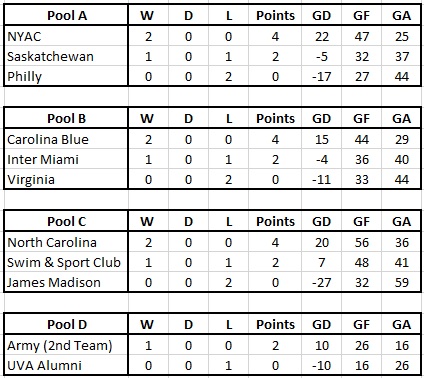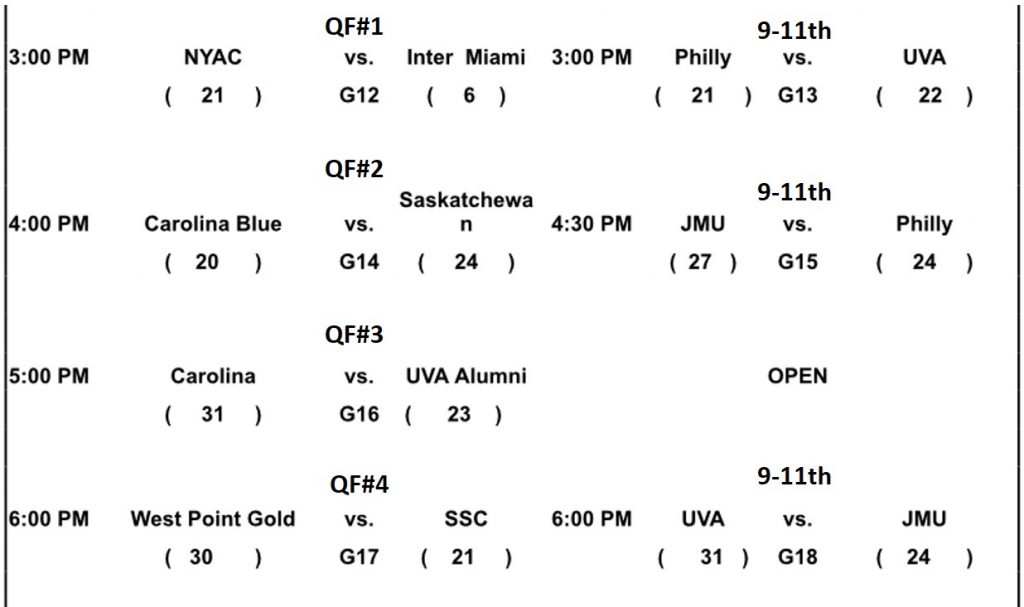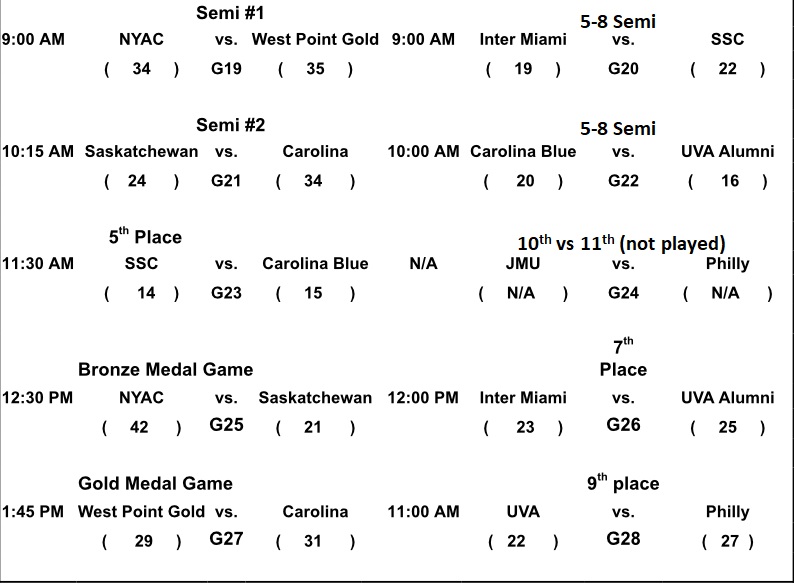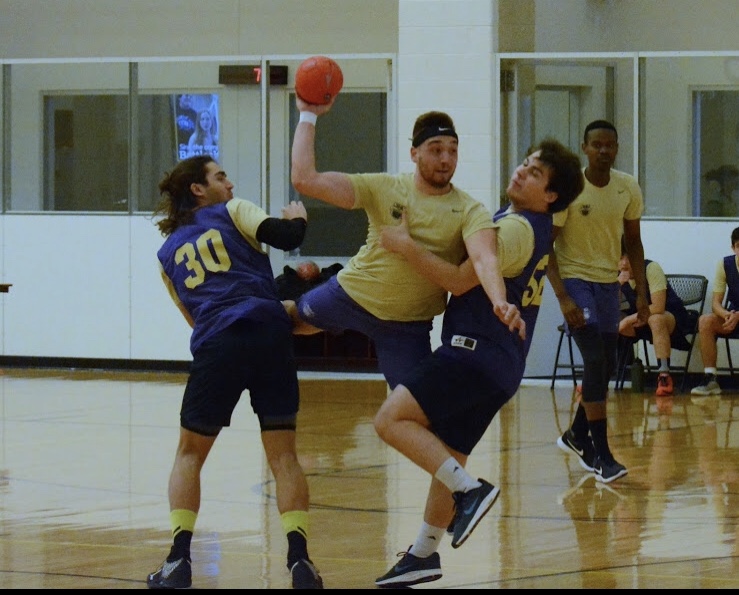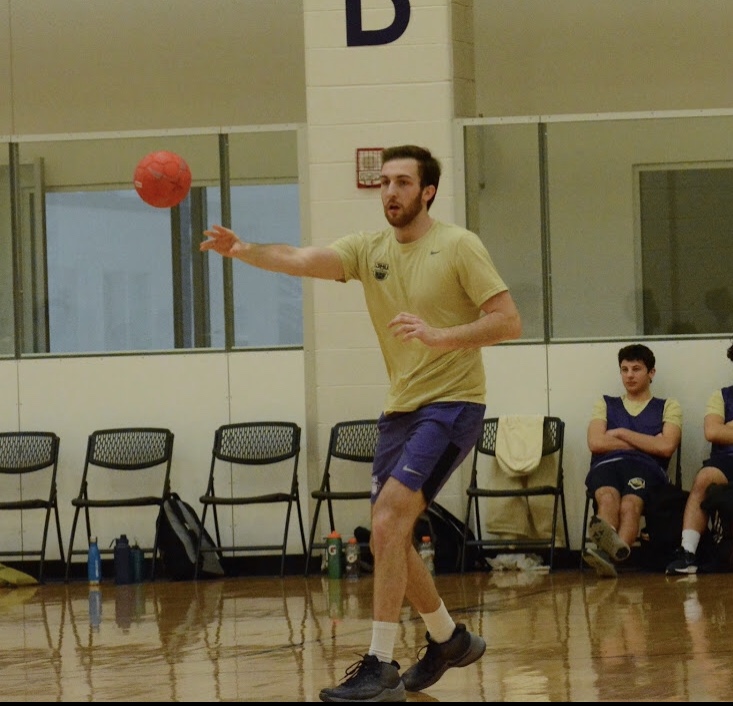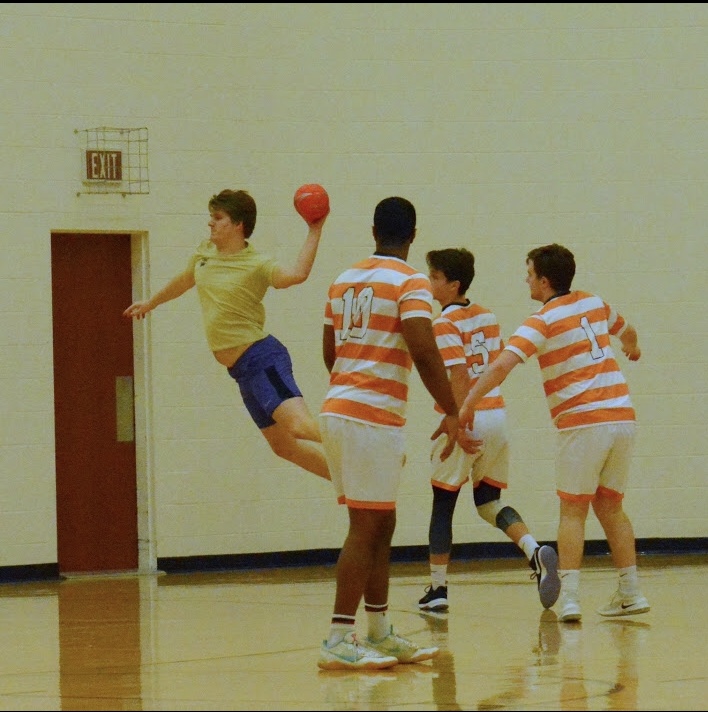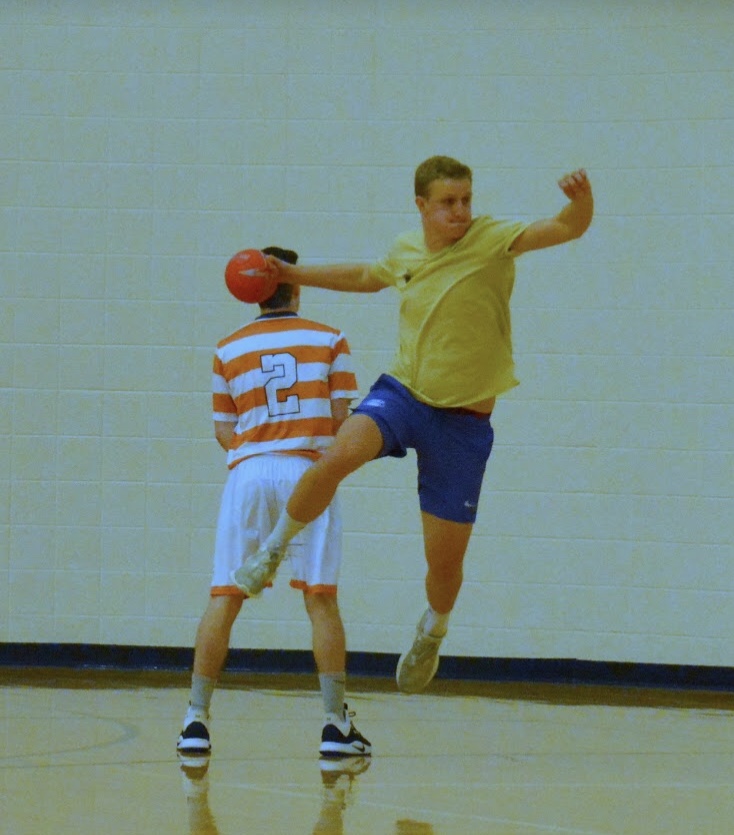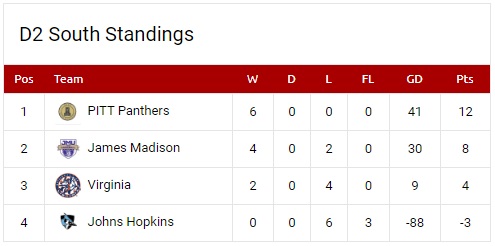
In Part 1, I highlighted the dramatic funding disparity between club and varsity sports. In Part 2, I review how much “Olympic Sports” cost Ohio St and why to a large extent American Football pays for everything.
There are a lot of ways one can classify or categorize the sports that are played at American colleges and universities. It can be confusing and sports are often lumped together in categories that can be misleading. Here are some of those categories and some basic definitions for them:
- Revenue Producing Sports: These are sports which produce significant amounts of revenue and at many colleges they have a positive balance sheet.
- Non Revenue sports: These sports do not generate much revenue and in most cases have a negative balance sheet.
- Varsity Sports: These are sports that are managed and funded by a school’s athletic department
- Club Sports: These are sports managed and partially funded by a school’s Student Services or Recreation Services department.
- NCAA Sports: These are sports that are sanctioned by the NCAA. Schools choosing to participate in NCAA competitions are required to follow NCAA rules, particularly when it comes to recruiting and scholarships.
- NCAA “Head Count” Scholarship Sports: These are sports where the NCAA requires every scholarship athlete to receive a “full ride” scholarship. (In other words everything is paid for.)
- NCAA “Equivalency” Scholarship Sports: These are sports where “partial” scholarships can be awarded and split among the roster of athletes. Coaches can still choose to award full ride scholarships to some athletes, but this will then limit the number of partial scholarships available.
- Olympic Sports: These are Olympic sports, but the definition is pretty fluid. Non varsity sports (which also happen to be Olympic) are usually not part of the discussion. Additionally no distinction is typically made as to what role these college competitions actually have in terms of developing athletes for Olympic competition.
These categories can overlap into some fairly complicated Venn diagrams, but I’ve tried to group them in terms of net revenue and their relevance to athlete development for future Olympic competitions. Remember this analysis is for just one college, Ohio St, and it was compiled using this publicly available data: link
Net Positive Varsity Sports

At Ohio St, and at most colleges, there are only two sports that generate significant amounts of revenue: American Football and Men’s Basketball. At Ohio State they are also way on the plus side and generated $55M and $14M respectively in 2019. And, as we shall see as we look at the rest of the categories they essentially pay for all the other sports that lose money.
Varsity Sports (Olympic: Primary Development Pathway)

These 21 sports are Olympic sports where college programs are the primary development pathway for future Olympic athletes. It can be debated somewhat as to how vital college programs are for each individual sport, but I think it’s fairly safe to say that the vast majority of the athletes in the sports listed above would not have been Olympians if these college programs didn’t exist.
Here’s some food for thought:
- How much value is the USOPC and the individual sports National Governing Bodies (NGB) getting out of these programs at Ohio St? Well, if one divides the net revenue (-$27M) by the total scholarships (179.3) it amounts to roughly $150,000/year for each full scholarship athlete. Multiply that by 4 and that is $600,000 over 4 years of college education… all for 1 potential Olympic athlete. (Yes, if one wants to further divide by partial scholarships and walk on athletes (total 702) you’ll get a smaller number: $38,000/year or $153,000 over 4 years.) That being said, in most cases the top athletes with the most potential will probably have a full ride scholarship.
- Keep in mind… that these college sports program cost the USOPC and the individual sports NGBs nothing. All of this development of athletes is “free” and does not come out of their budget.
- And, this is just for one college. Ohio St is big college with a fine tradition and one of the largest budgets, but it’s still just one college. There are 130 large schools (D1 Football Subdivision Schools (FBS)). There are an additional 217 Colleges with sizable budgets (D1 basketball schools without a D1 FBS football program). And, then there are several hundred smaller colleges with sports programs, albeit with fewer or no scholarships.
- All of this is paid by college football and to a lesser extent Men’s college basketball? How does that make sense? Did the players sign up for this?
Varsity Sports (Secondary/Very Limited Olympic Development and Non Olympic)

The 12 varsity sports above have only marginal or zero benefit in terms of the development of Olympic athletes. The reasons vary, but are mostly related to athletes turning pro without collegiate careers or in the case of gymnastics and synchronized swimming athletes become high level competitors without college training. And, then the last 4 sports listed aren’t Olympic sports. Baseball and softball will be back for Tokyo, but won’t be played in Paris. Lacrosse hasn’t been an Olympic sport since 1908 although they surely would like to get back on the Olympic Program.
A Side Note on Fuzzy Math
It should be noted that all of this self reported data from Ohio St should be taken with a grain of salt for multiple reasons. One big reason is the actual cost of a scholarship is open for a lot of debate. In most instances schools are not actually paying that full cost or losing out on the money that another non scholarship athlete would pay. Further, if one reviews the Ohio St database there’s some big accounting lines that aren’t associated with any particular sport. A whopping $75M (expenses) and $61M (revenue) is not explained or attributed to any individual sport. (See pages 15 and 16 in the report) I’m thinking one could probably actually attribute those costs if they really wanted to. As an example, how much time to you think the Athletic Director spends on football and synchronized swimming issues respectively?
Why this Crazy System?
If you ever live outside your home country, you’ll get the chance to see first hand how other countries do things and inevitably you’ll find yourself questioning how things are done back home. For me, personally, there were two big topical areas that came to mind. Health care and our sports structures. I won’t get into health care, but let’s talk a bit about how sports are organized in the U.S. and specifically, our college sports structure.
The European sports model is by no means perfect, but once exposed to it, it doesn’t take long for an American to compare it to the system they are familiar with… and start to scratch their head. Honestly, it’s pretty hard to look at the numbers above and defend this crazy system. Certainly it is impossible to do so from a fiscal viewpoint. Men’s football and to a lesser extent men’s basketball subsidize almost everything. That just doesn’t make any sense. And, worse the athletes playing those sports are not paid their market value and they have to become college students in order to play. Don’t get me wrong. Getting a college education is a good thing, but there’s no real reason it has to or should be tied to playing a sport.
So why do we have this crazy system? Well, if you do a little research you’ll discover that over time a system which made sense for amateur collegiate competitions gradually made less and less sense as two sports, American Football and Men’s basketball, grew into bigger and bigger sports with professional leagues. Instead of these sports becoming fully professionalized from age 18 and up, colleges hung on to these sports creating pseudo professional leagues which also became the de facto development competitions for the pro leagues.
At the same time other collegiate sports did not grow to the same extent, but since they were part of school athletic departments and the NCAA they were still provided substantial levels of support. This support was provided in part due to tradition and in part, due to NCAA requirements. Further, a U.S. law, Title IX required colleges and universities to provide equal opportunities in terms of sports and scholarships for women.
So essentially, over time we have created a system where hundreds of colleges in order to keep their cash cow revenue sports have agreed to fund dozens of other sports which are a net revenue loss.
A Crazy System, but it’s not All Bad
This system might seem a little crazy, but depending on where you stand it’s not all bad. More opportunities for women to play sports… That’s a good thing.
If you are involved with one of the dozens of sports propped up by this system it’s a great thing. If you are an athlete you have the opportunity to perhaps earn a scholarship and play in a well organized competition. If you are a high level coach there are multiple, good paying job opportunities. If you are part of the youth sports industry this system will help ensure that plenty of youth athletes will be interested in furthering developing their skills via sports clubs. If you are a sports NGB all of this development from youth to college is infrastructure that you don’t have to pay for. Indeed, it is often an additional source of revenue.
Of course, I know what supporters of these dozens of sports are saying as they read this. They are saying that their sport isn’t being propped up, but rather the demand from athletes was already there. That colleges are just responding to the growing demand from their sport.
I would argue, however, that they are exaggerating this demand in most cases. For sure, all sports have some level of intrinsic demand. Sports are fun and people play them just for fun. That being said most sports if they lost NCAA status, the great organized competitions that come with that status and, of course, the scholarships would see a significant decline in interest at all levels.
Different Tiers, Different Perspectives
Much has been written and said about how American football and men’s college basketball athletes should be paid for their efforts. After all they are bringing in revenue. Call these sports the top tier.
Much has also been written and said about the other NCAA sports that are in some cases now being cut from some schools. And, that these “Olympic Sports” are getting short changed. Call these sports the middle tier.
And, then there are sports like team handball and rugby with no NCAA status. Call this the bottom tier.
As a proponent of a sport in the bottom tier I can only look at the middle tier’s whining and say, “Give me a break! Good lord. You guys all lose money. Quit whining. You don’t realize how good you’ve got it.”
Here’s some food for thought for you:
- Ohio St University (just 1 college) spends more on 33 sports than USA Team Handball does as a national federation. Yes, for the last several years the expenses for USA Team Handball has been around $500,000. Divide that in two for Men/Women and only Men’s Rifle and Women’s Pistol at Ohio State have a smaller budget.
- NGBs which have an NCAA component typically receive more grant money from the USOPC than USA Team Handball does. Contemplate for a moment where those NGBs would be in terms of competitiveness and fiscal status if they didn’t have that NCAA component?
- Finally, here’s something else that will have you scratching your head again. Quite a few scholarships are actually awarded to foreigners. In fact, in 2019 there were 3,455 international student athletes playing Division 1 sports. Roughly 12% of Division I. Yes, U.S. colleges are spending millions of dollars to develop foreign athletes; many that have gone on to win Olympic medals. How does that possibly make sense?
Time to start over? The pandemic has exacerbated the dramatic difference between Tiers 1 and 2 with some schools dropping some sports. But, maybe this just isn’t an issue between tiers 1 and 2? In part 3, I’ll discuss how the pie should be split more equitably between tiers 2 and 3.

